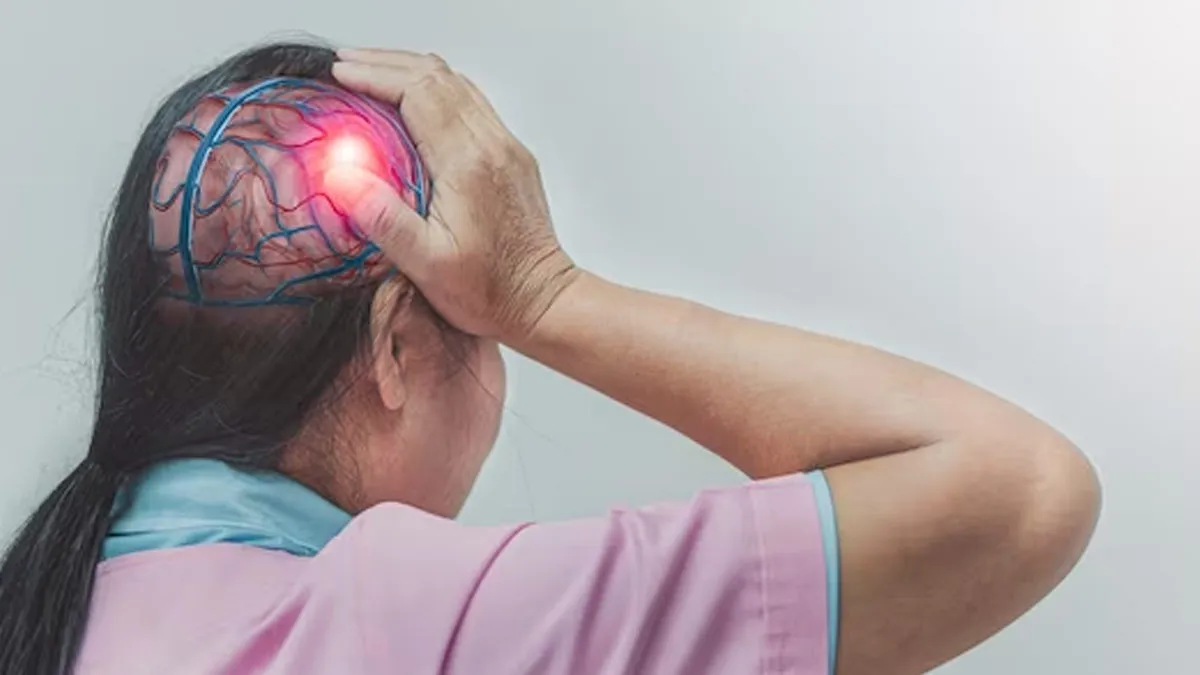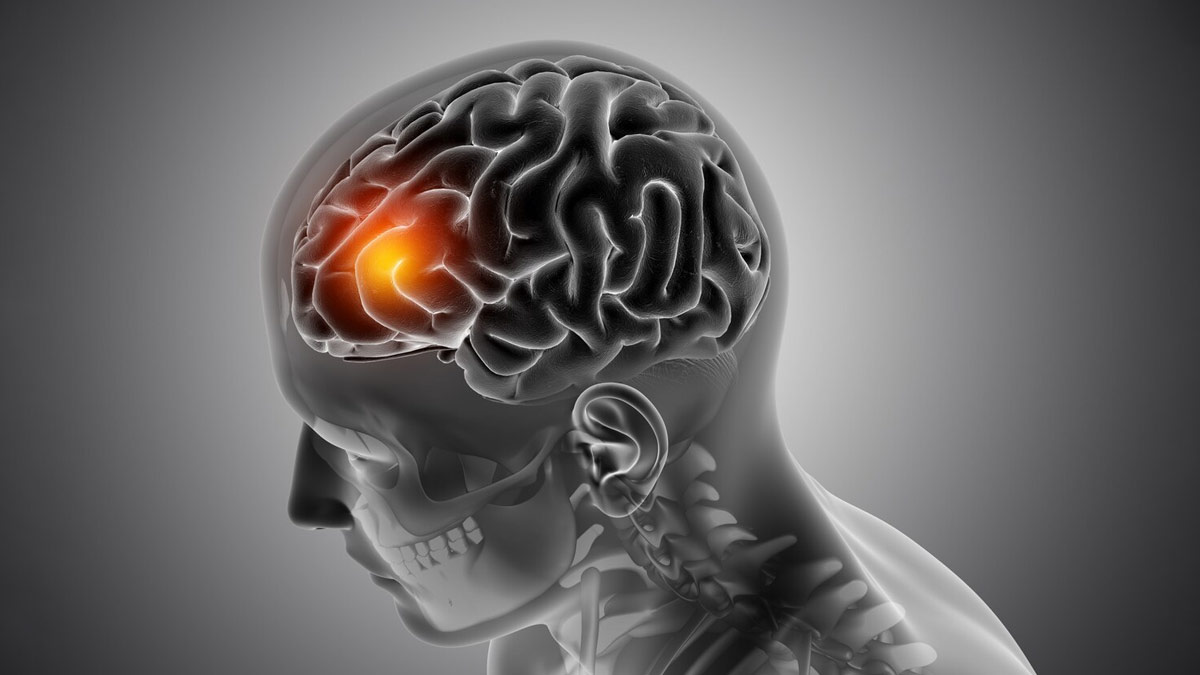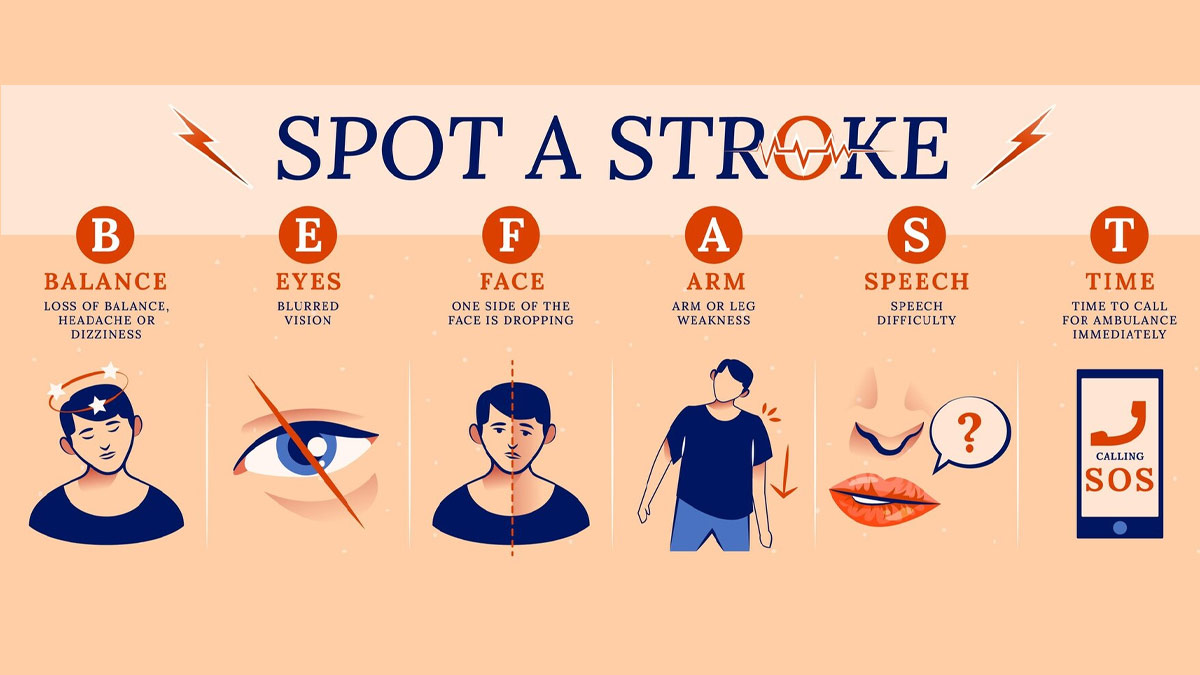
Stroke is among the major causes of disability and deaths in India, and its occerence is rising, even amongst younger adults. What makes this health emergency particularly alarming is how silently it can develop. In most cases, there are no symptoms until the damage is done. And, according to experts, the most effective way to reduce your risk of stroke is by keeping your blood pressure under control.
Table of Content:-
Stroke occurs when the flow of blood to the brain is interrupted, by a clot, (ischemic stroke) or by bleeding within the brain itself (called a hemorrhagic stroke.) Both types share high blood pressure, or hypertension, as their leading risk factor. In an exclusive interaction with the editorial team of Onlymyhealth, Dr Chandana R Gowda, Consultant Neurologist at Fortis Hospital, Cunningham Road, Bengaluru, explained, "Uncontrolled blood pressure does long-term damage to the arteries, stiffening them, making them narrower, or susceptible to rupture. This significantly raises the chances of stroke.”
Why Blood Pressure Matters In Stroke
About one in three adults in India has hypertension, and yet over half don't even recognise their problem. Of those diagnosed, not many take treatment seriously. What is most dangerous with hypertension is that it is a silent killer, meaning you may feel perfectly fine, yet your BP could be dangerously high.
Also Read: Can Snoring Increase Your Risk of Heart Attack? Here Is What Expert Says

“Every 10 point rise in systolic blood pressure increases the risk for stroke substantially. Just lowering your blood pressure to a safe range can reduce stroke risk by as much as 40 percent,” said Dr Gowda.
The blood pressure for most adults should ideally be less than 120/80 mmHg. Doctors may advise even closer control for people with diabetes or other existing cardiac risks.
How To Reduce Stroke Risk By Controlling BP
Here how Dr Gowda highlighted why the best way to reduce stroke risk is controlled BP:
1. Check Your BP Regularly
One of the simplest yet powerful tools is home blood pressure monitoring. Purchase a digital BP machine, measure BP twice a day (morning and evening), and maintain a log. "Tracking BP helps in the detection of early spikes and to make sure that the treatment is working," said Dr Gowda.
2. Reduce Salt Intake
Salt increases fluid retention and thus BP directly. World Health Organization (WHO) recommeneds to limit salt to less than 5 grams/day (a teaspoon). Avoid the hidden sodium in chips, pickles, papads, instant noodles, processed meats, packaged foods, and restaurant meals.
Dr Gowda also recommended the DASH diet, which stands for Dietary Approaches to Stop Hypertension. It involves fresh fruits, vegetables, whole grains, nuts, and low-fat dairy products.
3. Make Physical Activity a Priority
Just 30 minutes of brisk walking each day can help visibly lower BP and stroke risk. Here are two best ways to do this:
- Aim for 150 minutes of moderate exercise every week.
- Reduce sitting hours, take breaks every one hour, if you work at a desk.
Also Read: Stroke Can Be Painless; Signs That Should Alarm You

4. Manage Stress
Chronic stress brings about repeated blood pressure spikes. Try:
- Deep breathing for 5 minutes
- Meditation
- Yoga
- Limiting screen time before bed
5. Quit Smoking and Limit Alcohol
Several studies confirm that smoking doubles the risk of stroke. Additionally, alcohol also weakens blood vessels which in turn raises BP.
Bottomline
The best way to reduce the risk of a stroke is to keep your blood pressure under control, Expert suggest to monitor your BP regularly, live healthy, and follow medical recommendations without missing your medicines.
Also watch this video
FAQ
1. Can stroke happen to young people with normal BP?
Yes, though high BP remains the leading risk factor, other causative factors include smoking, alcohol, sedentary lifestyle, diabetes, and genetic predisposition.2. How often should I check my blood pressure at home?
Twice a day, morning and evening, for consistency. Keep a log and discuss it with your doctor in subsequent follow-ups.3. Can lifestyle modifications alone control blood pressure?
Mild hypertension may improve with lifestyle modifications, while those medications prescribed by your doctor should not be stopped unless medically guided.
How we keep this article up to date:
We work with experts and keep a close eye on the latest in health and wellness. Whenever there is a new research or helpful information, we update our articles with accurate and useful advice.
Current Version
Nov 12, 2025 15:44 IST
Published By : Tanya Srivastava
